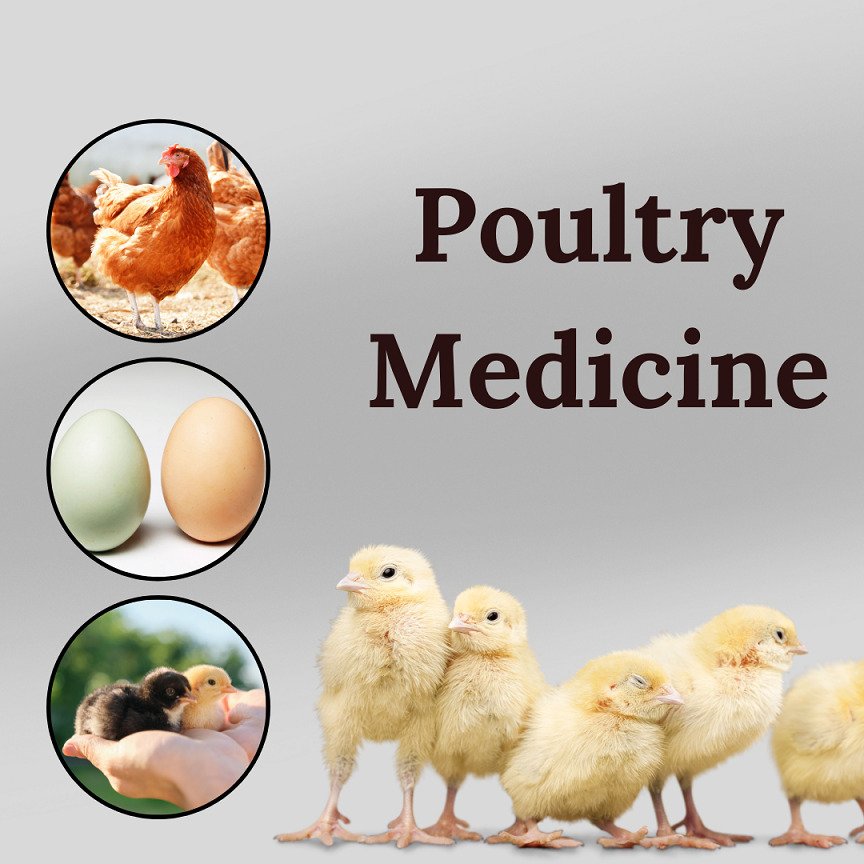Antioxidants: Fat is often added to poultry diets to increase the energy content, this is especially the case in high-density broiler diets. In addition, if the fish meal is used, it is high in fat. To help keep feed from going bad, which is common in high-fat products, antioxidants are commonly added to the diet. Compounds with antioxidant properties include ethoxyquin, butylhydroxytoluene (BHT), butyl hydroxyanisole (BHA), vitamin C, and vitamin E.
Free-flowing agents: It is important that the feed flow easily so that it does not cake in the feeders. Free-flowing agents are substances added to the diet to make sure the feeds do not pack down. Free-flowing agents typically have fine particulate structures while not reacting to the other ingredients in the feed. A common free-flowing agent is hydrated sodium aluminosilicate.
Pelleting additives: Pelleting of feeds has been shown to improve feed efficiency for some poultry species. Most broiler feeds are pelleted. It is important to make sure that the feed ingredients can be packed together in bite-sized pellets without a lot of fines. A variety of pelleting additives are available.
Feeding enzymes: Many feed ingredients available for use in poultry diets have anti-nutritional factors which limit their use. Feed enzymes have been developed that break down these anti-nutritional factors increasing the potential of many 'alternative grains'. The use of feed enzymes is quite common in Europe where wheat and barley are often used instead of corn.
Mould inhibitors or mycotoxin binders: Cereals are subject to mould growth, which can happen in the field, during post-harvest handling, storage and processing. Even if the mould is removed, the mycotoxins they produce will remain and can be very toxic to poultry. Many feeds contain a mould inhibitor or a mycotoxin binder to prevent the mycotoxins from being absorbed through the gut and into the bloodstream.
Coccidiostats: Coccidiosis is a problem in many species of poultry raised on the floor. The protozoa that cause coccidiosis are found everywhere. A low level of coccidia in the digestive tract is not a problem, but high levels can result in poor feed efficiency, poor health and ultimately death. Coccidiostats are sometimes added to feed to keep the coccidia at low levels, especially early in bird growth, to allow them to develop resistance. They do not treat the condition but help in preventing it. Common coccidiostats include amprolium, decoquinate, diclazuril, halofuginone, lasalocid sodium, monensin, robenidine, and salinomycin (Bio-Cox, Sacox).
Antibiotics: The digestive tract of all animals contains a diverse population of microbes. Some are classified as 'good' and are necessary for maintaining gut health. There are also 'bad' bacteria which, when present at high levels can adversely affect gut health, and can ultimately result in damage to the intestines. This is referred to as necrotic enteritis. Low-level, or sub-therapeutic levels, of antibiotics, can be added to feed to keep the 'bad' bacteria in check. Bacitracin is a commonly added antibiotic. If a disease situation, it may be necessary to add therapeutic levels of antibiotics to the feed, although for most treatments the antibiotics are added in the feed. A sick bird typically drinks but may not eat. By adding the antibiotics to the water you assure that the birds are being sufficiently treated.





